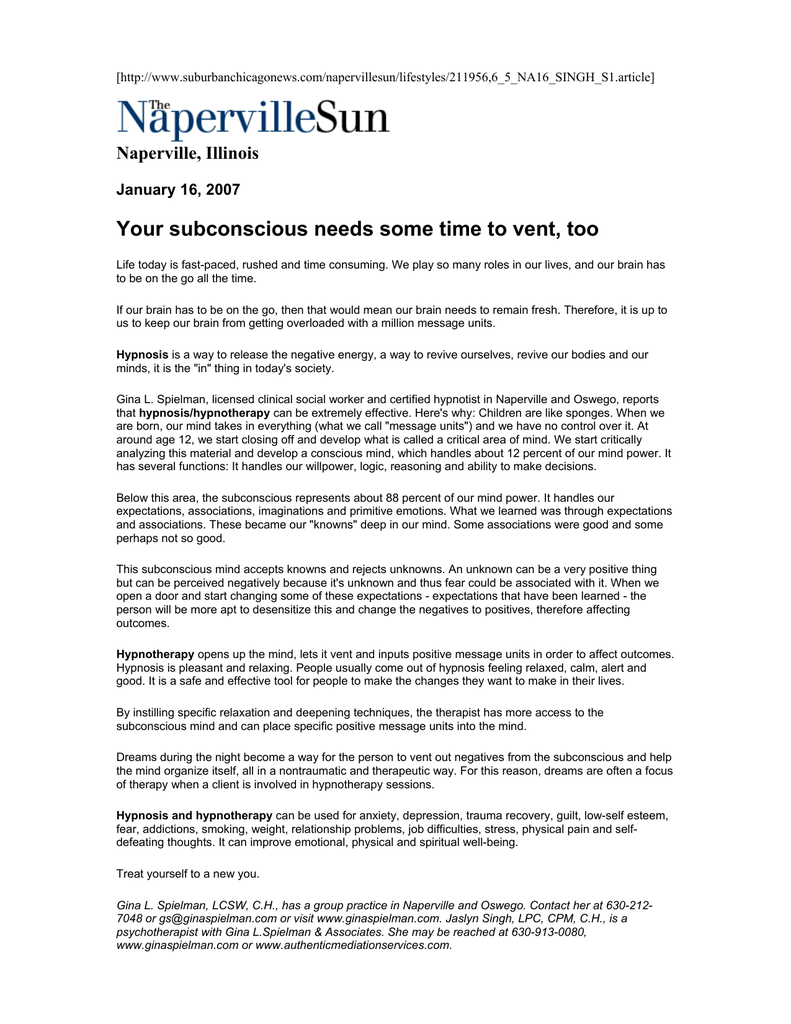
Tem, which damages the plasticity, the stability, and the continuity of the whole system (Chuprikova, 2007 Levin, 1935 Sokolova, 1995 Vygotsky, 1956, 1982 Werner, Kaplan, 1963 Witkin, Lewis, Hertzman et al., 1954 Witkin & Goodenough, 1981).Īs an example, let's examine the ontogeny of the system of self-identity, where interpersonal communication between a child and an adult evokes the "need" for a special "organ" of self-regulation - for self-defense against the fear of absorption (annihilation) or against the diffuse "mergence" in the growing complexity of relationships with people. Another consequence of pathological development is a reduction in the number of bonds inside and outside the sys. Illness simplifies microstructures, blurs the borders of subsystems (degrades their articulation), and neutralizes qualitative differences among them by making them even as a result it impoverishes the system functionally and lessens the quality of adaptation. Pathological processes of any origin lead to structural and functional reorganization of the system along with its substructures. Differentiation and integration secure the cohesiveness of the system as a whole. The development of any system can be comprehended in terms of differentiation and integration, which imply the growth of the system's complexity and the degree of specialization and segregation of its subsystems, as well as their interaction (horizontal and vertical). Keywords: Affective-cognitive style as theoretical construct, systemic differen-tiation\ integration, Vygotsky's methodological paradigm, clinical, experimental studies, personality disorders. The article discusses the results of clinical and experimental studies that specify the functions of cognitive differentiation and integrity and of symbolic mediation and reflection in the regulation of the content, emotional valence, temporal stability, and spatial organization of intrapsychic representations of self and interpersonal relationships, as well as the systemic organization of defense and coping operations. The prognostic value of the category of "affective-cognitive style" is estimated on the grounds of a meta-anal-ysis of various empirical studies and theoretical models. This model is based on the interconnection of intellect, self-regulation, self-identity, and social relationships. The article describes the development of an integrative bio-psycho-social model of personality disorders. Lomonosov Moscow State University Moscow, Russia After all, necessity leads to submission and illness.AFFECTIVE-COGNITIVE DIFFERENTIATION AND INTEGRITY AS A DISPOSITIONAL FACTOR IN PERSONALITY AND BEHAVIORAL DISORDERS
Thought field therapy for lack of self worth free#
One way to have a strong sense of self is to free yourself from that need. This unresolved anxiety will follow you wherever you go. It’s possible that you believe you’ve never gotten what you deserve.Once all of your different dimensions are there for all the world to see, you have to deal with them in a mature way. Freud also talks about how important it is to work on your independence.You should also deal with childhood fears, trauma, and memories that you haven’t processed yet. While you work on this aspect of yourself, your hidden needs, motivations, and anxieties will come out. For these two energies to get along, you have to shine a light on anything you have repressed or hidden inside you.You should try to achieve harmony between your needs and your responsibilities. The point is to maintain a balance between these forces.



Nevertheless, psychoanalysis has managed to stay relevant by embracing new ideas and adapting to modern times. Concepts like penis envy or feminine hysteria are obsolete. We should start by saying that many of the foundational psychoanalytic ideas aren’t valid anymore. You won’t have any problem recognizing your internal repression and you’ll be satisfied and fulfilled in your day-to-day life. If you have a strong sense of self, you can move freely through life. Sigmund Freud believed that if you have a strong sense of self (ego), you’re capable of understanding your own needs and also intuiting the limits that society puts on you.


 0 kommentar(er)
0 kommentar(er)
